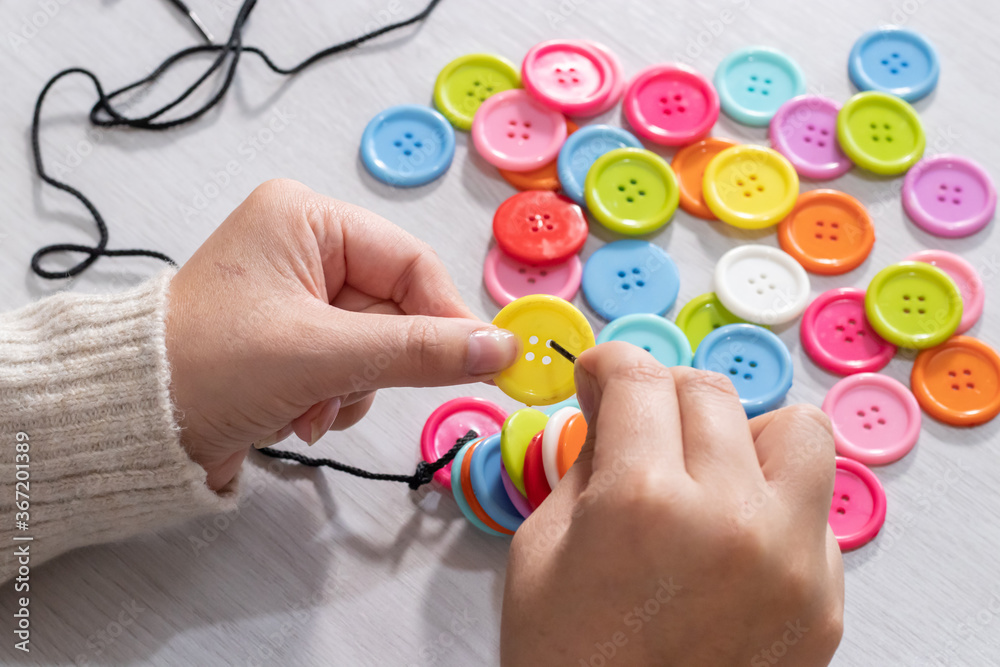It must be a partnership between the home and
the school. Yes, it is more significant than an IEP
(Individualized Education Plan) or ITP (Individual
Transition Plan), which contain key goals,
strategies, and supports.
Social skills go beyond just eye contact and body language; they are essential for effective problem-solving. Key social skills include accepting differences, asking for help, communication, following directions, and attentive listening. These skills require children to think critically about social situations, determine the appropriate actions, and follow through to achieve positive outcomes. A deficit in social skills can have a broad impact, affecting all areas of a child's life, from relationships with friends and family to performance in school and academics.
- Each partner will need to recognize the positive
efforts made by the other and use positive
communication skills. - Some synonyms for partnership include “alliance,” “coalition,” “collaboration,” “union,” and “cooperation,” all very engaging and positive descriptions for both parties to consider.
A big part of carrying out a safety plan will include teaching
your child how to be safe. Some children are receptive to simple
explanations while others may benefit from more creative or
systematic methods. Using visuals is a common and simple strategy
used by many parents
Occupational Therapy is a client-cantered practice that places a premium on the progress towards the client’s goals. Occupational Therapy interventions focus on remediation of the biological component, adapting the environment, modifying the task, teaching the skill, and educating the client/family in order to increase participation in d performance of daily activities, particularly those that are meaningful to the client.

Occupational Therapy often called OT is the use of treatments to develop, recover or maintain the daily living and work skills of people with a physical, mental or developmental disorder or dysfunction condition
Occupational
OT can help them regain independence in all areas of their lives. Occupational therapists help with barriers that affect a person's emotional, social, and physical needs. Therapy interventions aim to enhance individuals' engagement and independence in daily activities by addressing biological factors, environmental adaptations, task modifications, skill development, and client/family education. Also known as OT, Occupational Therapy encompasses a range of treatments to support individuals with physical, mental, or developmental disorders or dysfunctions. By addressing emotional, social, and physical barriers, Occupational Therapists empower individuals to regain autonomy across various aspects of their lives.
